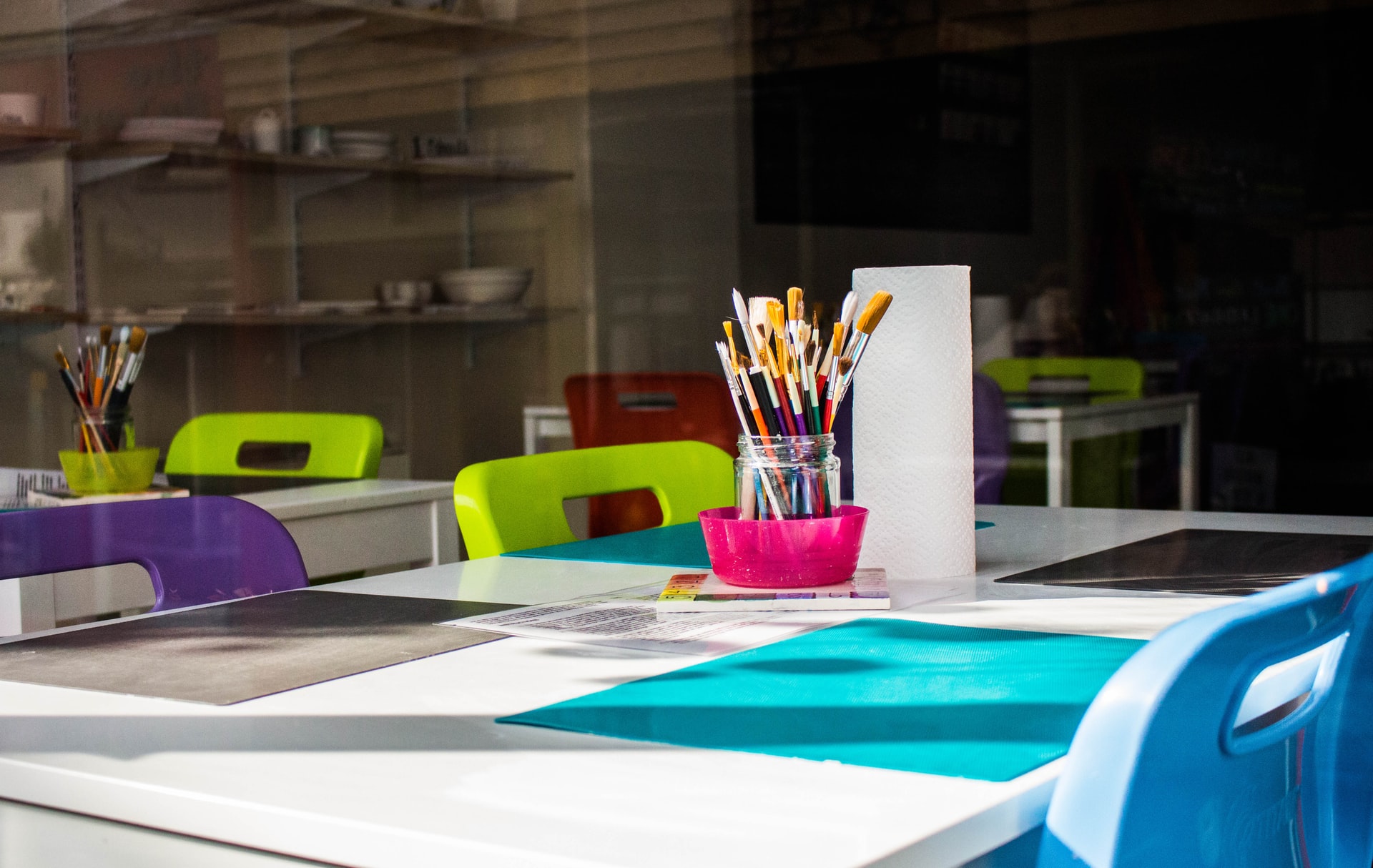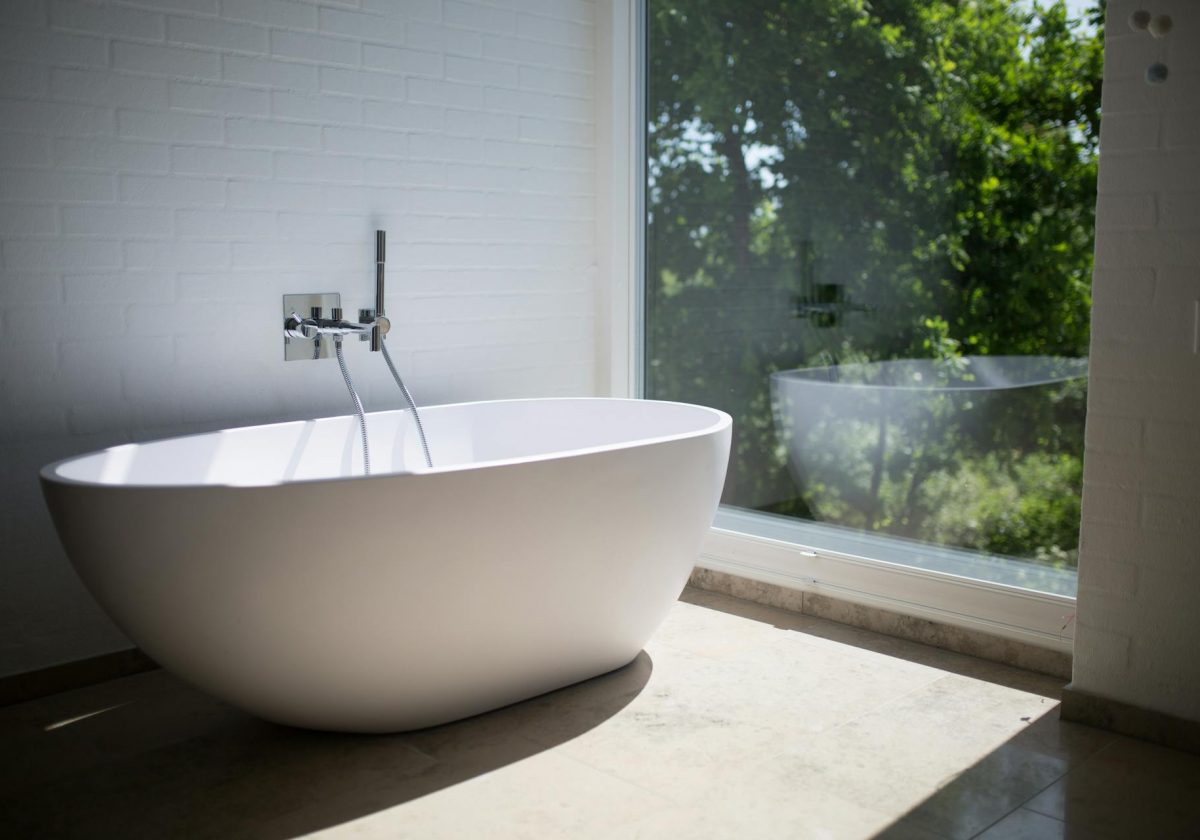Just as we are shifting towards widespread adoption of a modern learning curriculum, classrooms are embedded with technical inputs. It’s no surprise considering there is a fundamental shift of orientation that makes newly built classrooms a class apart. The way we have seen classrooms in our childhood is very different from the perspective of today.
But how is it going to affect a child’s mindset? Is it just the shift in the teaching efforts that makes them different? Is it the overall aura of the classroom?
In order to answer these questions, we need to jump into the details. We will cover how classroom furniture enables the adoption of this widespread uplifting of teaching. After all, you need the backing of the physical environment to upgrade the learning. Isn’t it? If you agree, you will find the active role of furniture in the students learning environment. Let’s figure that out first.
The role of classroom furniture in a learning environment
Classroom furniture as a teaching tool
It’s evident that the design of classroom furniture lets the student sit upright. Once he leans forward, it’s easier for him to allow new information seep in. If you try it yourself, these are several subtle signs of learning correctly.
Moreover, classroom furniture has been scientifically proven as a teaching tool. Recent statistics suggest that student movement can contribute to his focus and long-term physical health. With the new system, student seating is also considered while judging his degree of learning.
The classroom furniture functionality
It’s a little less evident than furniture as a teaching tool, but student’s chairs serve a purpose. No, we’re not talking about just sitting but about the consistency. As there are large groups of students learning the same thing, you need consistent teaching and learning simultaneously.
Lack of anything out of these two can be a problem. That’s what classroom furniture eliminates.
Classroom furniture as a first impression
There are some unspoken messages while students enter the classroom. What are these? Is it the decoration you see around all the informational charts and graphs on the walls? There’s a lot more to it.
Since classroom furniture is the first and the only point of contact between students and the school, it leaves an influential first impression. So, the school tries to send the right message.
The areas of upgraded classroom furniture
What do you think schools considered before buying a set of benches in your classroom? Just the average height of your students. Yes, the way the students appeared was the primary consideration to stuff a classroom with furniture.
However, now, the scenario has changed. While fulfilling the necessary requirements, schools have started to address the specialities that their furniture must have. These are the upgrades they have made. Let’s take a look at them.
Furniture appropriate for project work
Since practical learning is a massive part of today’s curriculum, the benches should facilitate project work conveniently. No matter how large the group is or how complicated the project is, school benches should be designed to encourage the proper organisation of project materials. The students should be able to use it whenever needed and put away whenever they’re finished.
Enable connectivity
Classroom benches should enable connectivity of electronic items. Like before, with just a few electrical ports on each corner of your classroom, today, you need one at every bench. Not only that, but you also need an active Wi-Fi connection along with the seats having enough room to keep the students laptops and books simultaneously. Only then they can make the most out of that 21st-century internet connectivity.
The desks should be stable
Unlike traditional times, where the desks were not fixed, today, they should be stable. It’s for the protection of those valuable items kept on it. Also, stable furniture is essential for avoiding any distractions. Young students find it difficult to reconfigure the classroom once they accidentally moved the desk. It disrupts the learning and overall progress.
Different learning techniques
Peer learning, practical learning, project work etc. are prominent examples out there. However, there are some hidden features in the learning technique of a student. Every time a student in a classroom, his mindset cannot be the same. The furniture has to bring about an inclination towards learning for the student. That enables him to implement all the different learning techniques that the school has to offer.
If you’re looking for some points for comfort, convenience, appearance, aura etc. of student benches, we have well covered it. We’ll just have to look closely and find school chairs that match these requirements. After all, nothing great comes easy. The future depends on active student learning. How would a school match up with every other technical upgrade around the world? The answer is in the small details. You just have to recognise it and implement it correctly.






